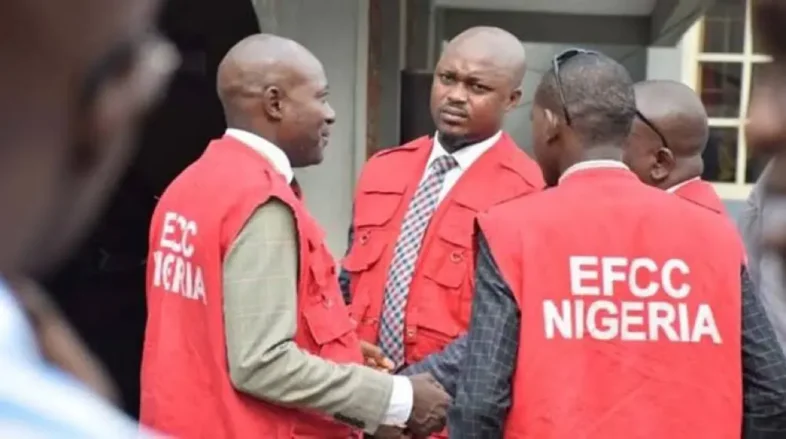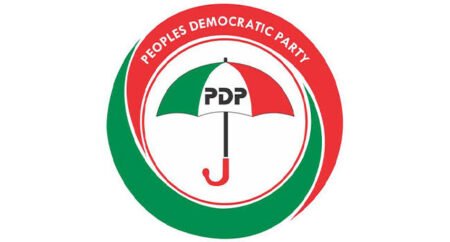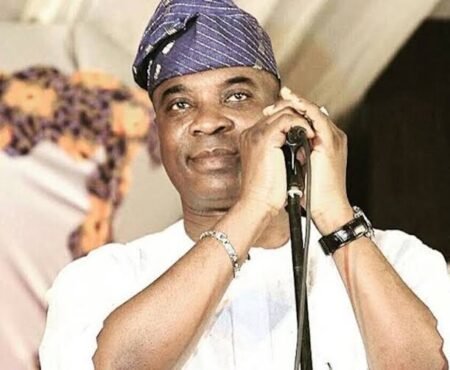President Bola Tinubu requested a review of Nigeria’s major revenue-generating agencies’ deductions and revenue retention policies on Wednesday, with the goal of increasing public savings, improving expenditure efficiency, and unlocking resources for growth.
The agencies are the Federal Inland Revenue Service, the Nigeria Customs Service, the Nigerian Upstream Petroleum Regulatory Commission, the Nigerian Maritime Administration and Safety Agency, and the Nigerian National Petroleum Company Limited.
Tinubu issued the command during the Federal Executive Council meeting in Abuja on Wednesday.
Wale Edun, Minister of Finance and Coordinating Minister of the Economy, briefed the press on the President’s directive.
According to Edun, Tinubu specifically called for a reassessment of NNPC’s 30 per cent management fee and 30 per cent frontier exploration deduction under the Petroleum Industry Act. He tasked the Economic Management Team, chaired by Edun, to present actionable recommendations to FEC on the optimal way forward.
The President stated that the decision was part of measures to maintain reforms that have reduced economic distortions, restored policy legitimacy, increased resilience, and boosted investor confidence.
According to him, these reforms have resulted in a transparent and competitive business environment that is appealing to both domestic and foreign investors in important areas, including infrastructure, oil and gas, health, and manufacturing.
Reaffirming the Renewed Hope Agenda, Tinubu stated that Nigeria’s aim of becoming a $1 trillion economy by 2030 necessitates yearly growth of at least 7% beginning in 2027 – a target he defined as “not just economic, but a moral imperative,” as higher growth is the surest road to addressing poverty.
He referenced the International Monetary Fund’s July 2025 Article IV report, which he claimed supported Nigeria’s economic trajectory and the need for investment-driven growth.
On grassroots empowerment, the President mentioned the Renewed Hope Ward Development Programme, a ward-based initiative that covers all 8,809 wards in the country and aims to lift economically active citizens through micro-level poverty reduction strategies in collaboration with states, local governments, and private partners.
Tinubu stated that public investment accounts for only 5% of GDP due to poor savings, emphasising the importance of maximising “every available naira,” particularly given present global liquidity limitations.
Edun reported that macroeconomic indicators were improving, with a more stable exchange rate, lower inflation, increased revenues, and debt-to-GDP ratios now within range.
He highlighted savings as the foundation of investment and stated that the President’s instruction aims to quickly increase public sector savings by evaluating deductions and retention processes.
Meanwhile, Edun stated that he presented two memoranda to Council: a $125 million Islamic Development Bank loan for infrastructure in Abia State, comprising 35 kilometres of roads in Umuahia and 126 kilometres in Aba, and a plan to restructure N4 trillion in outstanding electrical sector obligations.
The power debt resolution process will be carried out in stages, with the first phase likely to take three to four weeks under the supervision of the Debt Management Office and other organisations.
According to the talking points acquired by our correspondent, Tinubu praised members of the Federal Executive Council for undertaking ambitious changes “that have dismantled longstanding distortions in our economy and restored policy credibility.”
Tinubu stated that the reforms have enhanced economic resilience, restored macroeconomic stability, created a transparent and competitive business environment, and bolstered investor confidence.
“As a result, our economy is now better positioned to attract both domestic and foreign private investment – investment that is critical to stimulating sustained growth, creating decent jobs, and lifting millions of Nigerians out of poverty.
“Our Renewed Hope Agenda remains focused on achieving a $1tn economy by the year 2030. To realise this vision, we must now accelerate our efforts to achieve a minimum growth rate of 7.0 per cent by 2027,” Tinubu said.
He believes that the only long-term solution to Nigeria’s poverty problem is to stimulate higher growth.
“The recent IMF Article IV Report, published in July 2025, also affirms this trajectory and underscores the importance of investment-led growth.
“In line with our commitment to inclusive development, I recently launched the Renewed Hope Ward Development Programme – a ward-based initiative covering all 8,809 wards across the 774 Local Government Areas in Nigeria.
“This programme is close to my heart. It is designed to empower active grassroots economic players, using a micro-level approach to tackle poverty. We aim to bring sub-national governments and private sector partners on board to ensure efficient and impactful implementation,” he stated.
He urged governors to accelerate growth by prioritising productivity-enhancing investments, boosting food security, and expanding partnerships with local governments to alleviate poverty and ensure that no Nigerian falls behind.
On savings and investment as catalysts for growth, the President emphasised the critical role of savings in catalysing investment and growth. “Currently, public investment as a share of GDP stands at a low 5.0 per cent, largely due to insufficient public savings.
“We must urgently review and optimise our savings. This includes enhancing spending efficiency and reviewing deductions from the Federation Account, such as the cost of collection by revenue agencies, such as FIRS, Customs, NUPRC, and NIMASA, etc.
“There is also the need to reassess the 30 per cent management fee and the 30 per cent frontier exploration deduction by NNPC based on the Petroleum Industry Act. We must optimise every available Naira to sustain our momentum and finance our growth trajectory – especially in a time of global liquidity constraints.
“Accordingly, I am directing the Economic Management Team, chaired by the Minister of Finance and Coordinating Minister of the Economy, to conduct a comprehensive review of all deductions and revenue retention practices and present actionable recommendations to this Council for an optimal way forward.”











